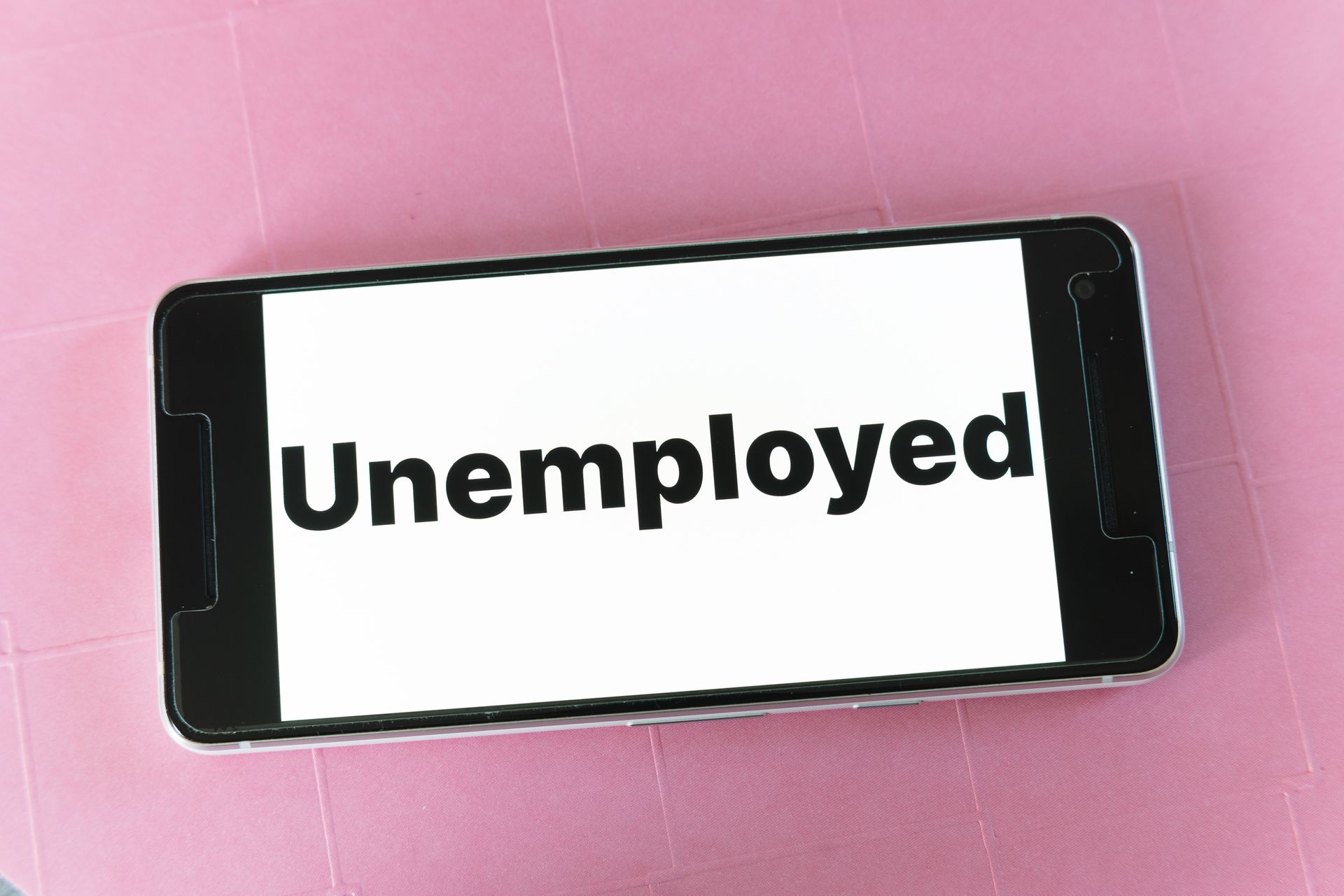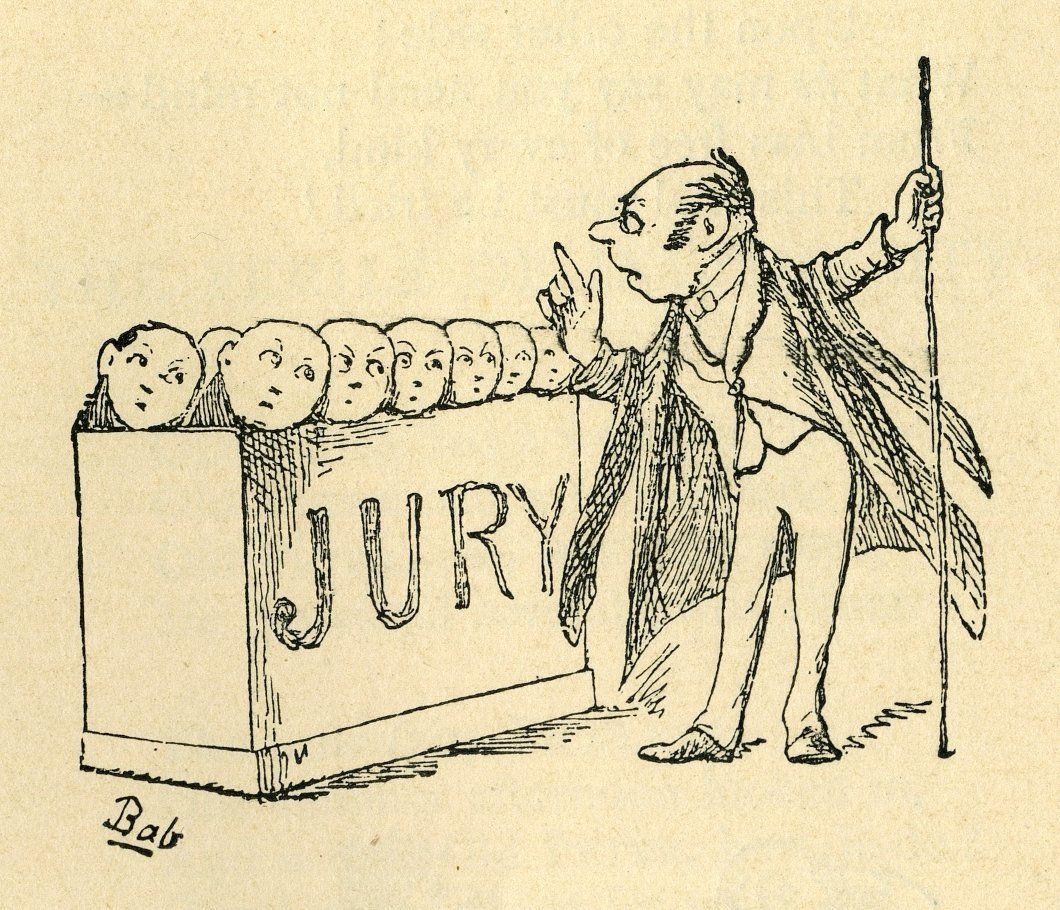Am I Exempt from Overtime Pay?
What is an Overtime Exemption?
Am I Exempt from Overtime Pay?
Certain employees may be legitimately exempt from minimum wage and overtime requirements under the Fair Labor Standards Act (FLSA) and New York Labor Law (NYLL), but sometimes employers misclassify employees as “exempt” to get out of paying overtime. This is illegal and constitutes wage theft. If you believe you have been misclassified as an overtime exempt employee, consult Employment Attorney Raymond Nardo. Attorney Nardo has extensive experience and has obtained millions of dollars in settlements for his clients. He can guide you through the legal process and protect your rights.
What Does It Mean to Be Exempt Under the FLSA and NYLL?
The FLSA was enacted in 1938 as a federal law which established the minimum wage, overtime pay, recordkeeping, and child labor standards for employees in the United States. The FLSA requires employers to pay non-exempt employees at least the federal minimum wage ($7.25 per hour) for all hours worked and overtime pay at one and one-half times their regular rate of pay for all hours worked in excess of 40 hours in a workweek. The New York Labor Law (NYLL) has similar requirements, but has a minimum wage of $16.00 per hour in Downstate New York as of January 1, 2024. To be exempt, an employee must meet certain tests related to their job duties and salary. These tests are known as the "salary basis test" and the "duties test.”
The Salary Basis Test
To be truly exempt under the FLSA, an employee must be paid on a salary basis, meaning a predetermined amount of pay is received each pay period regardless of the quality or quantity of work performed. The salary must meet a minimum threshold, which is currently set at $844 per week or $43,888 annually under the FLSA and $1,125 per week under the NYLL for downstate New York. Therefore, if you are paid on an hourly basis, you cannot be an exempt employee, with very limited exceptions.
The Duties Test
In addition to the salary basis test, an exempt employee must also meet certain job duties tests. Simply giving employees job titles such as "manager" or "supervisor," does not make them exempt. The job duties performed by the employee must meet the applicable duties test to qualify for exemption and the employee must be paid on a salary basis. These tests vary depending on the exemption category. The three major “white collar” exemptions are typically called executive, administrative and professional exemptions (EAP):
- Executive: The employee's primary duty must be managing the enterprise or a customarily recognized department or subdivision, and the employee must regularly direct the work of at least two full-time employees. This would include a manager, for example, who has input into hiring and firing employees.
- Administrative: The employee's primary duty must be performing office or non-manual work directly related to the management or general business operations of the employer or the employer's customers, and the work must require the exercise of discretion and independent judgment on significant matters. For example, this would include employees who work in accounting, human resources, and claims adjusters.
- Professional: The employee's primary duty must be performing work requiring advanced knowledge in a field of science or learning that is customarily acquired by a prolonged course of specialized intellectual instruction, and the work must be predominantly intellectual and varied in nature. This would include engineers, doctors, CPAs, etc.
The Highly Compensated Employee (HCE) Exemption
The HCE exemption went into effect July 1, 2024 and is part of a final rule under the FLSA. Congress intended the HCE exemption to help businesses streamline the process of determining whether certain highly compensated employees are exempt from FLSA overtime protections because they perform EAP duties. Congress recognized that highly compensated employees typically have roles that involve a higher level of responsibility, decision-making authority, and autonomy. These roles often align with traditional exemptions like the EAP exemption, which do not require overtime pay.
To qualify for the HCE exemption an employee must meet certain compensation thresholds on a timeline set by the Department of Labor. As of July 1, 2024 an HCE employee must receive total annual compensation of $132,964 per year including at least $844 per week paid on a salary or fee basis. As of January 1, 2025, the total HCE annual compensation threshold increases to $151,164 per year including at least $1,128 per week paid on a salary or fee basis. And, as of July 1, 2027 HCE compensation thresholds will be raised every three years.
HCE exempt employees must also perform office or non-manual work as a primary duty and regularly perform one of the duties of an exempt executive, administrative, or professional employee. For example, a worker could be exempt from minimum wage and overtime protection if he meets the highly compensated earnings threshold and customarily oversees two or more workers, even if he doesn’t meet the other duties requirements in the EAP exemption test.
Notably, there are many other exemptions under the FLSA, including, for example, the computer employee exemption, outside sales exemption, retail sales exemption, creative professional exemption, and many others. Some do not require a salary basis test.
Conclusion
Whether you are a worker who has been misclassified as overtime exempt or an employer seeking clarification on the latest FLSA and NYLL overtime legislation, consult Employment Attorney Raymond Nardo for honest, professional, results-focused legal advice that can help you understand your rights, obligations and options










